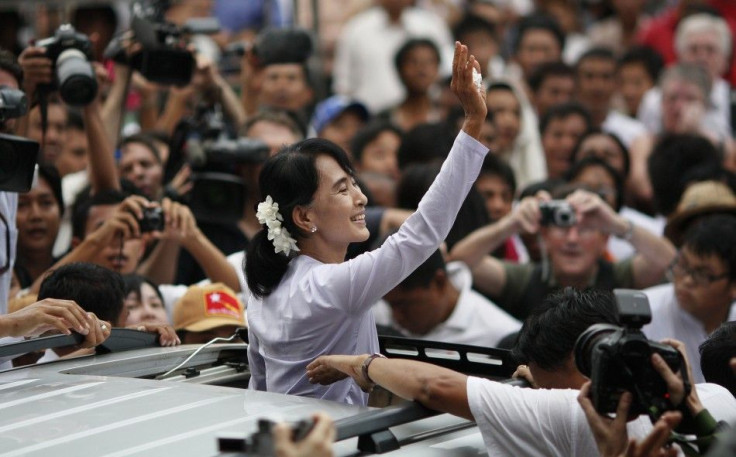Myanmar Reform: Sets New Market-Based Exchange Rate

Myanmar, also known as Burma, has set a reference exchange rate for its currency of 818 kyat against the U.S. dollar, paving the way for a more open, market- based economy.
The move will see the kyat, which was previously pegged at 6.4 kyat to the dollar, work under a managed float system set to encourage greater investment in the country.
Prior to being floated, the kyat had both an official and black market rate.
Foreign investors can have now have a certainty about the security of their investments in the country, Tony Nash, managing director of IHS Global told the BBC.
According to experts, the new exchange rate levels the playing field between firms who could access the official rate and those who were stuck with the black market rate.
The move comes a day after Burmese pro-democracy leader Aung San Suu Kyi won a seat in parliament Sunday.
Suu Kyi's National League for Democracy claimed a near-sweep in historic by-elections that will test Myanmar's reform credentials and could convince the West to end sanctions.
The unexpected scale of the opposition's apparent victory -- matching its triumph in elections in 1990 that the military junta then in power chose to ignore -- is likely to unnerve the government, mainly comprising former Army generals, that had hoped to control the pace of political reform, local and foreign analysts suggested.
Despite the fears, international observers are heartened by the election results and the junta's apparent willingness to embrace market reforms.
© Copyright IBTimes 2025. All rights reserved.





















